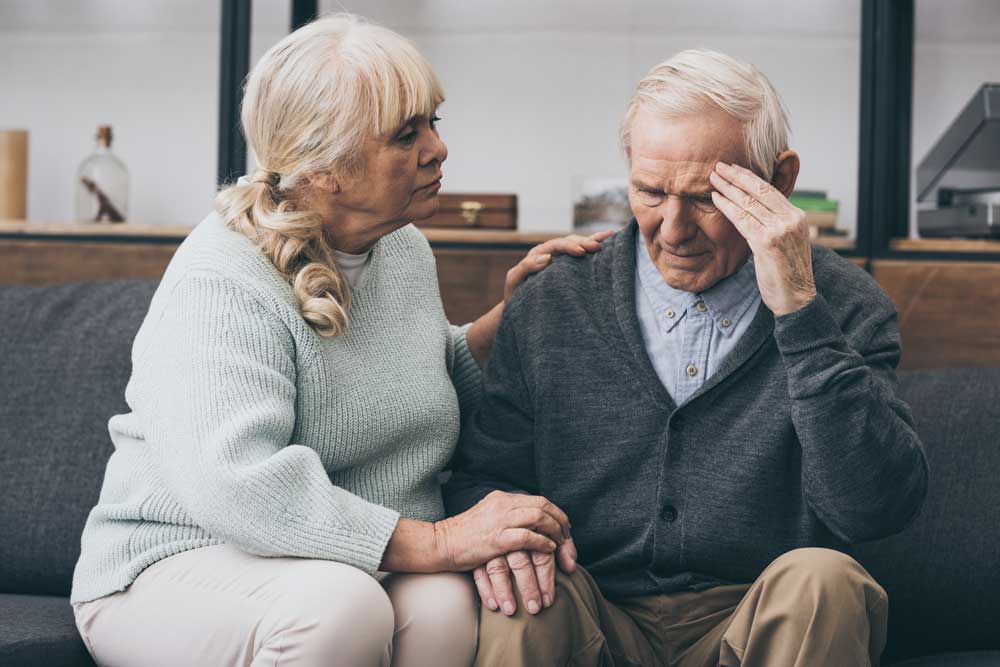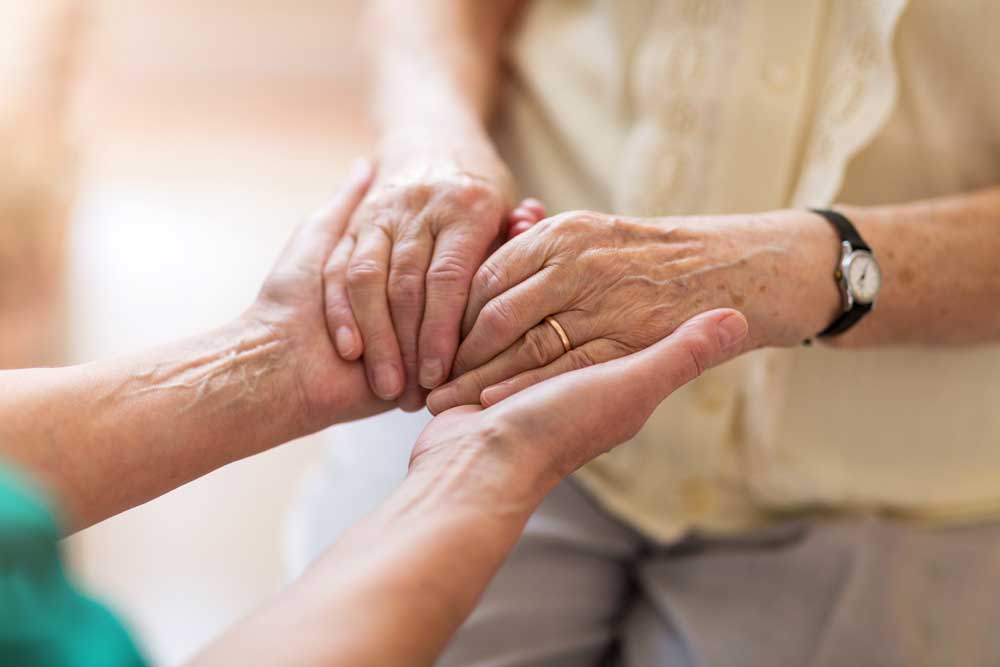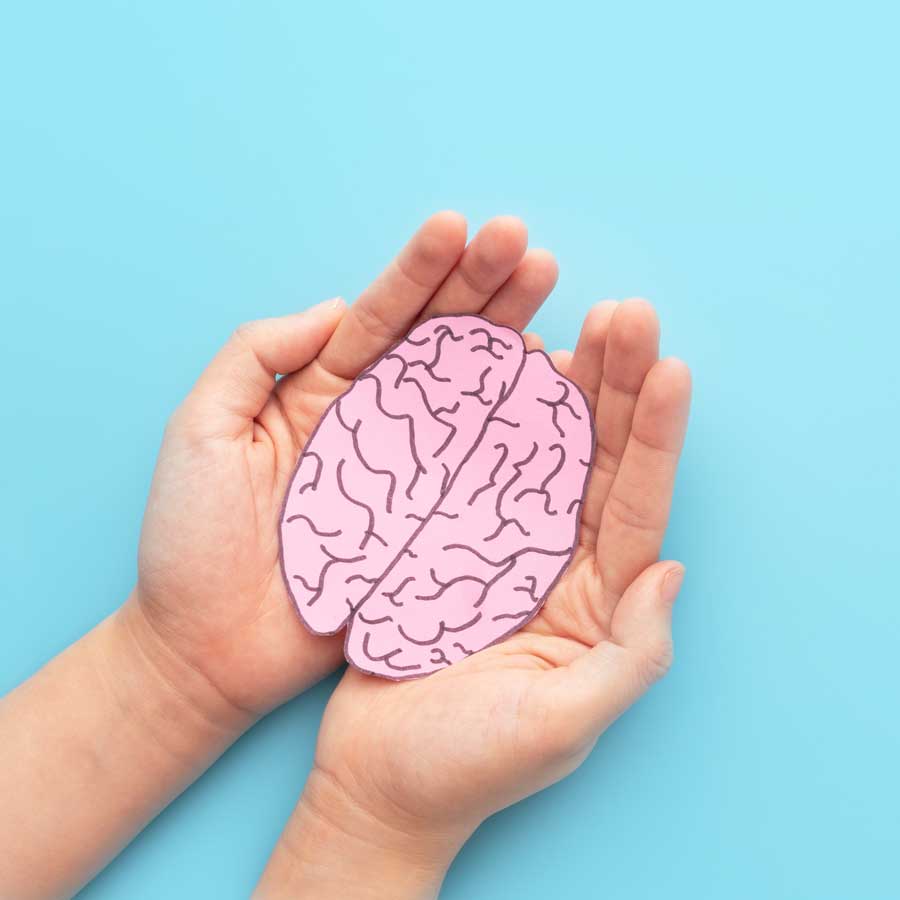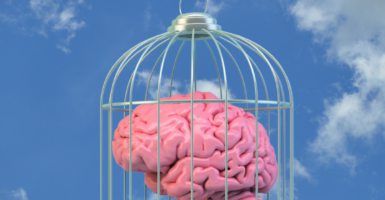1. Personality or behaviour changes
People may become confused, depressed, anxious or scared. There can be increased irritability ‘being snappy’ or someone becoming suspicious, even if your elderly relative trusts you completely and has no reason to suspect you of anything. They can be easily upset when outside their comfort zone. When someone’s behaviour or personality changes compared to how they have always been, this could be an early sign of dementia.
It’s normal to have your own way of doing things and to become irritable if you can’t do it anymore or someone else isn’t doing it your way.

Increased confusion with Dementia
2. Increasing confusion
Your elderly loved one may display confusion about ordinary things, like what day it is, or have trouble thinking about something that isn’t here and now or who certain relatives are. You may see your loved one calling someone by another person’s name.
Increasing confusion can come from a lack of sleep, a change in nutrition, other illness, or a recent medical problem that a doctor has diagnosed. It’s normal not to be able to recall a time or event but recall it later.
3. Reduced concentration
If your parent is having trouble following a casual conversation about mundane topics, like the weather, family events, or what happened earlier in the day, then this may be an early sign of Dementia.
Much like other symptoms of dementia, reduced concentration might come from a lack of sleep, worrying, dietary changes, or another medical issue. That’s why it’s important to monitor any changes and seek appropriate medical assistance if you become increasingly concerned.
4. Apathy and withdrawal or depression
Have either of your parents suddenly stopped taking an interest in their favourite things? Do they no longer want to spend as much time with you as they used to?
Apathy and withdrawal can be a warning sign of something more serious. Depression can have serious health consequences, like a loss of appetite, heart difficulties, and premature death.
If your elderly loved one has stopped enjoying life or isn’t having as much fun as they used to, it might be worth getting them checked by their GP.
If they are still showing the same lack of interest in actiivites that is normal.

Care and Support for Dementia
5. Difficulty with everyday tasks
Everyday tasks like cooking, walking the dog, or even daily grooming may seem to get more and more challenging for an elderly loved one.
Someone with a recent medical setback might need extra help. But if there wasn’t a recent hospitalisation or injury, someone who loses the ability to perform everyday tasks could have something going on inside their brain. It’s normal to need a bit of help every now and again.
6. Memory loss
If your loved one can’t remember recent events, like a visit from a neighbour, a phone call from a relative or they ask the same questions repeatedly, it might be worth considering having your relative tested for dementia. As we age occasionally forgetting things but recalling them later is normal.
An appropriate medical professional can administer the Six Item Cognitive Impairment Test. This exam includes a series of six questions used to score memory difficulties, including asking your loved one the current time and date, to count backwards from 20, and to remember a name and address.
A low score of zero to 7 out of a possible 28 indicates no evidence of memory problems. A score of eight to nine may highlight signs of memory difficulties. A score of 10 or higher means further investigation is warranted.
An expert medical professional may refer your loved one to a specialist to discuss the situation and a diagnosis as well as a treatment plan.
7. Losing things
People may lose things or put them in odd places and cannot track where they have been. We all can lose things but can often retrace our steps to find them.
Caring for someone with Dementia
Recognising these symptoms in yourself or someone else can be difficult. As can knowing what to do about it if you are worried. It can also lead to uncomfortable conversations.
Find out more about how we can support you or your loved one with Dementia care or give our friendly care team a call on 0808 278 1112 who would be happy to answer any questions you may have.
Whether your loved one is living with Alzheimer’s, vascular dementia, Lewy Body dementia or the effects of memory loss in general, our carers can provide care and support in familiar surroundings as much or as little as you need.




